
Up to almost half of patients who develop blood clots from a COVID-19 get them from a particular autoimmune antibody circulating in the blood vessels.
One of the study co-authors, Yogen Kanthi, MD, an assistant professor at the Michigan Medicine Frankel Cardiovascular Center and a Lasker Investigator at the National Institutes of Health’s National Heart, Lung, and Blood Institute, noted the significance based on what practitioners have been learning about the disease during the pandemic in a news release accompanying the study.
“Antibodies from patients with active COVID-19 infection created a striking amount of clotting in animals – some of the worst clotting we’ve ever seen,” Kanthi said. “We’ve discovered a new mechanism by which patients with COVID-19 may develop blood clots.”
The research team, publishing in Science Translational Medicine, measured eight types of autoantibodies targeting phospholipids and phospholipid-binding proteins (aPL antibodies) in 172 patients hospitalized with COVID-19. The antibodies, according to the paper, included anticardiolipin IgG, IgM and IgA; anti-β2 glycoprotein I IgG, IgM, and IgA; and anti-phosphatidylserine/prothrombin (aPS/PT) IgG and IgM.
In serum samples, the authors detected aPS/PT in 24% of the samples, anticardiolipin IgM in 23% of samples, and aPS/PT IgM in 18% of samples. They also reported that antiphospholipid autoantibodies were detected and present in 52% using a manufacturer’s threshold and 30% using a more strict cutoff. Higher concentration of the aPL antibodies was linked with other problems such as higher platelet counts, more severe respiratory disease, and lower clinical eGFR rate. In a mouse model, the researchers also reported that injecting IgG from COVID-19 patient serum was associated with an acceleration in venous thromboembolism.
The authors also mentioned a clinical trial (the DICER trial) testing an anti-clotting agent (dipyrdamole) in COVID-19 patients for efficacy vs. placebo against the development of blood clots.
“Dipyridamole is an old drug that is safe, inexpensive, and scalable,” Dr. Kanthi noted. “The FDA approved it 20 years ago to prevent clotting, but we only recently discovered its potential to block this specific type of inflammation that occurs in COVID.”
New: A @UMich-led study of serum from 172 patients hospitalized with #COVID19 finds blood-clot-promoting autoantibodies in at least half of the samples, helping to explain why some patients experience increased clotting. https://t.co/fk2V0sw8dH pic.twitter.com/3XN5OJBgXk
— Science Translational Medicine (@ScienceTM) November 2, 2020
Prothrombotic autoantibodies in #COVID is now available @ScienceTM. 🦠🩸https://t.co/53L2Sage24
Outstanding editors moved to rapid pub of this multi-discip effort! 🙏Supported by: @NIHDirector @TheBethesdaLabs @IRPatNIH @umichCVC @TaubmanInstitut@jasonsknight @RayZuoMD https://t.co/gBcVPfdzup
— Yogen Kanthi (@YogenKanthi) November 2, 2020
Grateful for amazing mentors/collaborators @jasonsknight @YogenKanthi @JHMorrissey. Thanks to @ScienceTM
👀Prothrombotic antiphospholipid antibodies and neutrophils🕸️conspire to promote a thromboinflammatory storm in some individuals with severe #COVID19 https://t.co/yFjc4aC67D pic.twitter.com/sO6cwu0cQg
— Yu (Ray) Zuo (@RayZuoMD) November 2, 2020

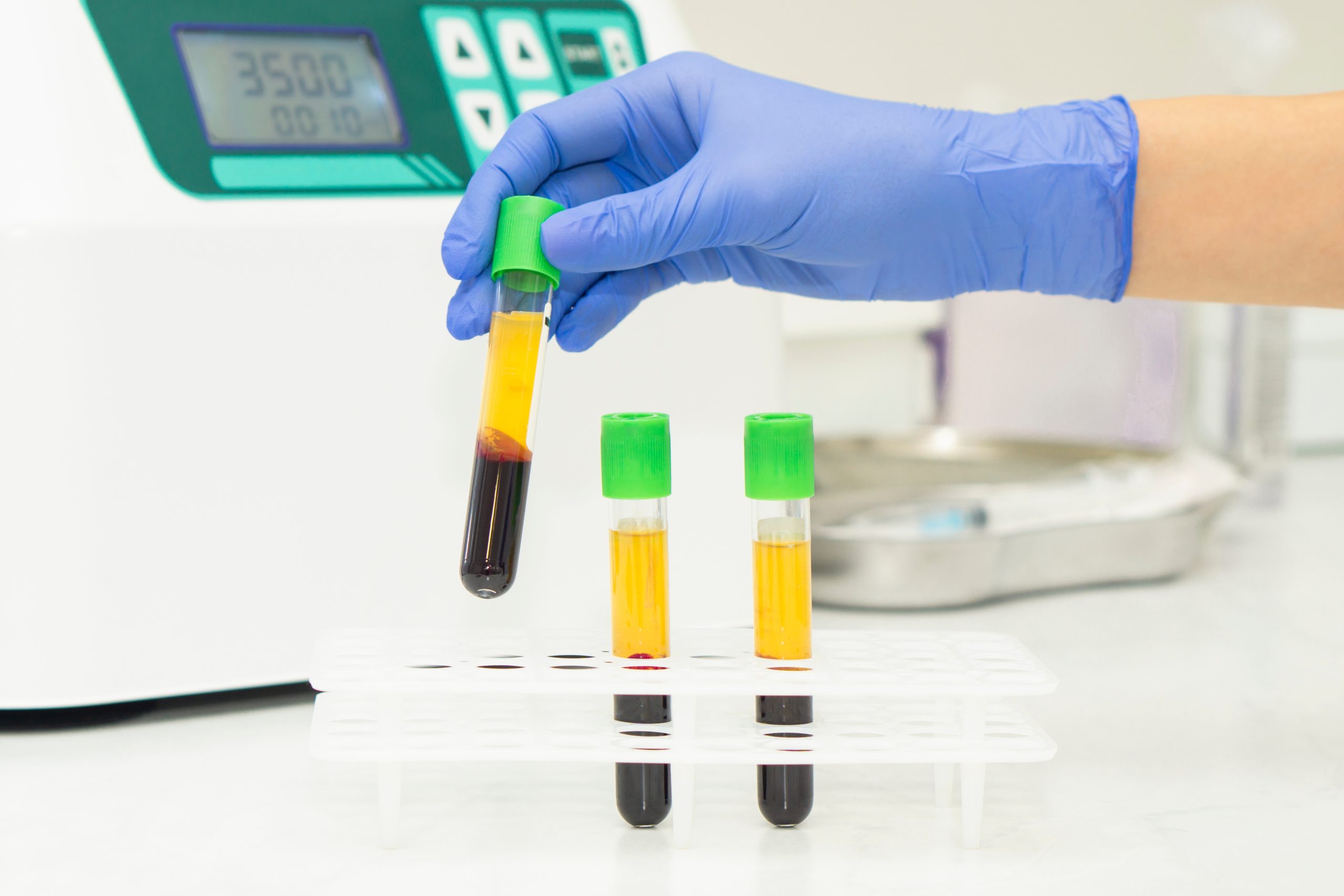
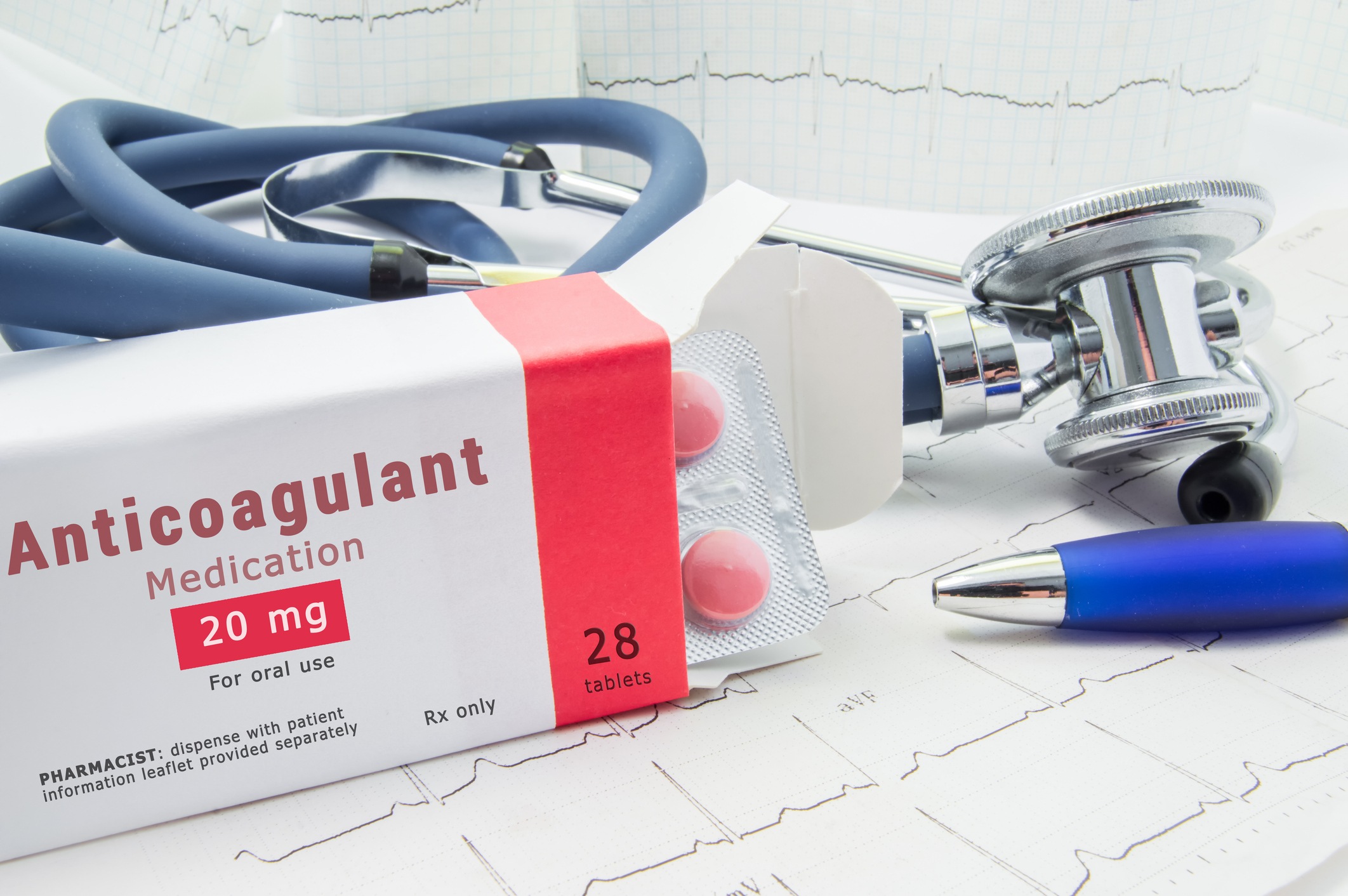
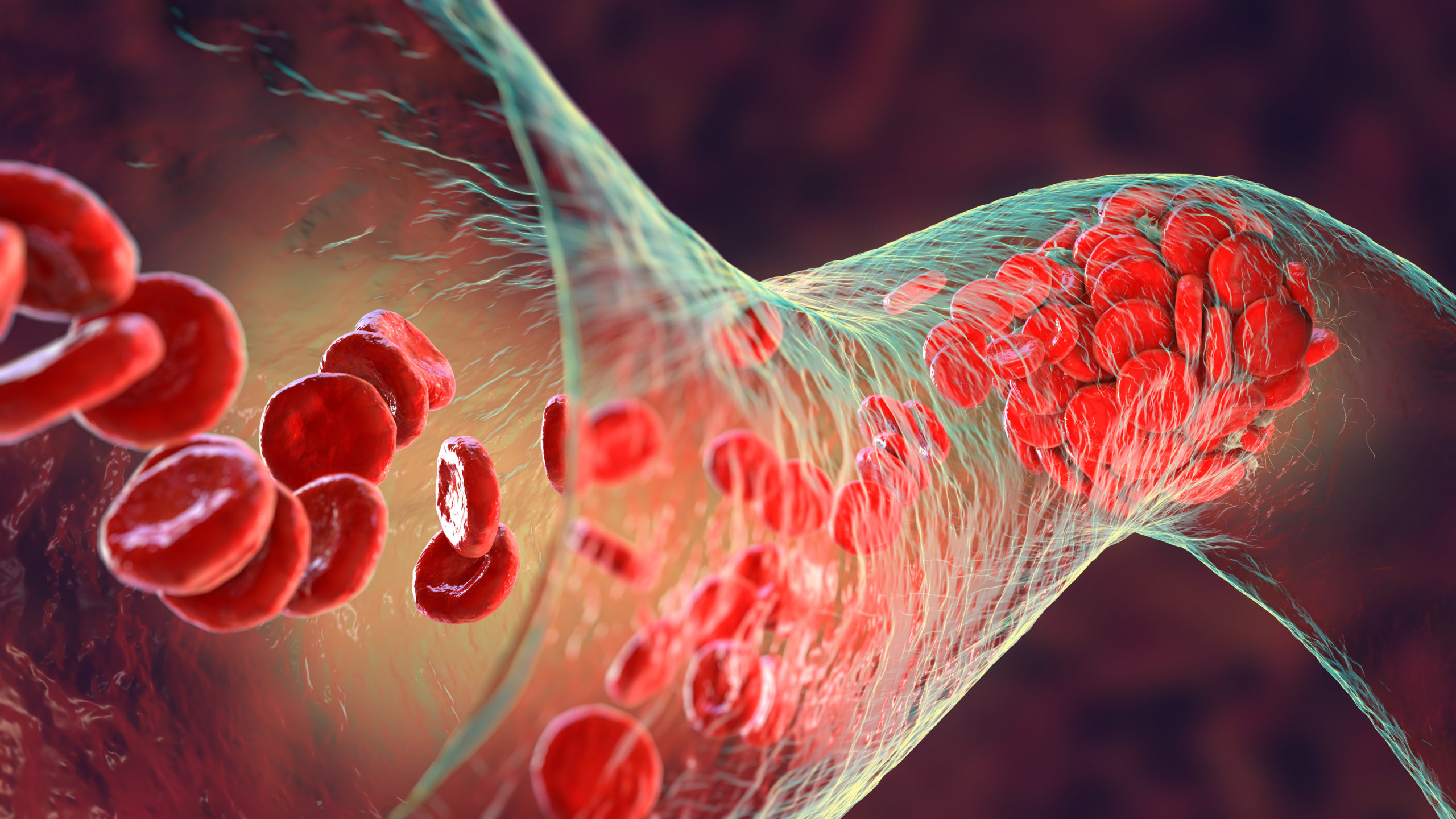
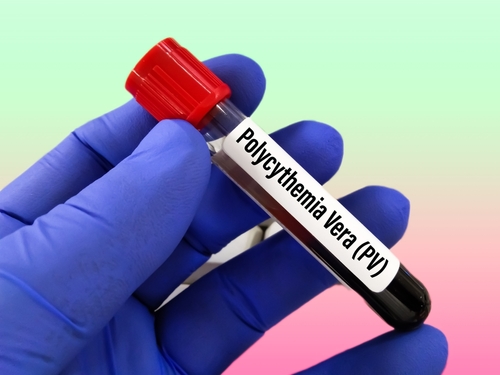
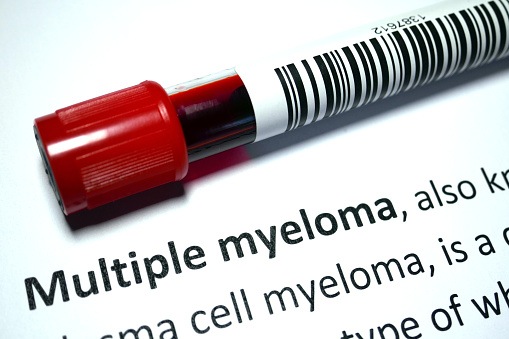

 © 2025 Mashup Media, LLC, a Formedics Property. All Rights Reserved.
© 2025 Mashup Media, LLC, a Formedics Property. All Rights Reserved.